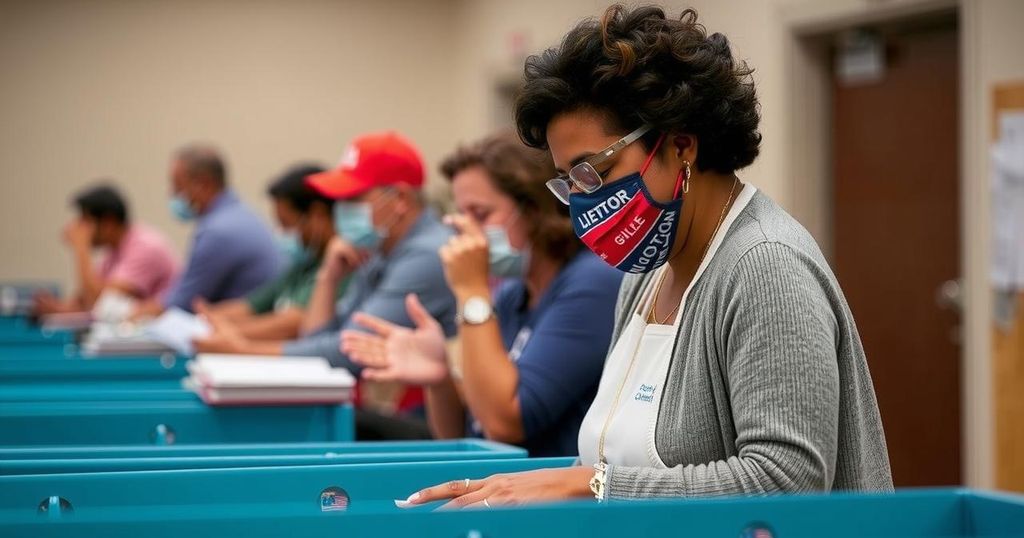Pennsylvania’s Election Operations Face Systemic Challenges Amid Political Gridlock
Despite a successful operation during the 2024 elections, Pennsylvania election officials, notably Tim Benyo from Lehigh County, have articulated issues reflective of underlying systemic problems. Requested changes to election code have stalled due to political gridlock, resulting in increased stress on election workers and longer wait times for voters. With the upcoming legislative session, hopes for negotiating meaningful reforms remain uncertain amidst a contentious political climate.
In the aftermath of Pennsylvania’s transition to a revised election law, Lehigh County has observed both progress and persistent challenges. While the 2024 election was carried out smoothly, county officials, such as Chief Clerk of Elections Tim Benyo, have voiced concerns over the sustainability of their operations in light of ongoing legislative inertia. Essential modifications to the election code have been continually requested, including the need for expanded pre-canvassing periods, earlier voter registration deadlines, and more robust early voting options. However, these suggestions remain unaddressed due to political gridlock, thus threatening the stability of election administration.
Despite the appropriate financing directed at enhancing election infrastructure, the systemic issues persist. Increased demands leading to elongated work hours, such as Benyo’s observation of staff working excessive overtime, compromise the well-being of election workers. This scenario places additional strain on an already pressured system and raises the likelihood of mistakes made by inexperienced staff stepping into crucial roles.
Moreover, challenges have intensified with the growing preference for mail-in ballots, resulting in longer wait times for voters, and contributing to tense interactions during the election. These factors necessitate a reassessment of current practices and the exploration of early voting alternatives from other states, as officials seek relief for their overwhelmed schedules. Nonetheless, with the new legislative session approaching, the division between party lines casts doubt on the potential for bipartisan progress on election modifications.
The dynamics of Pennsylvania’s election law alterations reflect a broader struggle within America’s political landscape, where bipartisan cooperation is increasingly elusive. Several state and county election officials have emphasized the need for legislative amendments designed to facilitate smoother election processes. Although previous funding has been allocated to modernize equipment and enhance efficiency, foundational changes to policy and procedure remain stagnant, leaving officials to navigate a system still beset by inefficiencies.
In summary, Pennsylvania’s election framework is currently strained, with various requests for improvements left unaddressed due to ongoing political discord. Despite advancements in election day operations, systemic challenges remain, particularly in terms of staffing and voter experience. As state officials prepare for another legislative session, the hope for compromise on vital election reforms hinges on overcoming entrenched partisan divides, with the stakes for electoral integrity higher than ever.
Original Source: www.lehighvalleynews.com




Post Comment